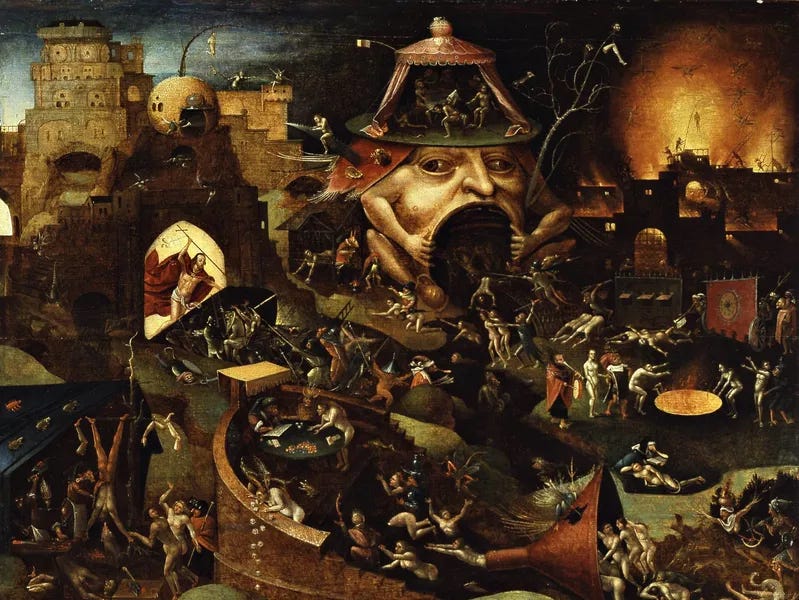Attention Economy
exploring the inner workings and dynamics of companies building products engineered to hook us, addict us, and hijack our attention to sell more ad inventory
sari and
Attention Economy
sari and
the degree to which attention discourse is invested in a clear “subject” looking at an “object”: a binary relation that many of those other methods have challenged.
I want to be realistic about how the mind works today, which is on multiple streams. And this situation isn’t going to change. We can set up full attention as an ideal, but our digital devices are producing a different way of attending.

